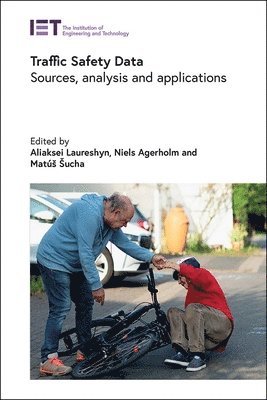Kommande

2459:-
Traffic fatalities decrease in most high-income countries, though it is still a long journey to reach the Vision Zero target. The trend is quite the opposite in low- and middle-income countries, where road casualty numbers stagnate at best. In both contexts, however, access to meaningful and reliable data is crucial for developing efficient traffic safety policies and, ultimately, saving lives on streets and roads. There can be significant limitations with available accident data, meaning finding alternative sources of relevant information is increasingly important. Besides the traditional police records, there are many other data sources that can be used as a complement or an alternative. 'Triangulation' of different data types usually leads to important insights, both related to the traffic safety problems at hands, and to how much trust we can put into a single data source. This book covers the different data types that can be collected and used for monitoring, analyzing, and improving road safety, including chapters on police records and accident modelling, healthcare system records, self-reporting of accidents, data from insurance companies, and more. Not the least, significant space is given to the pro-active methods for traffic safety assessment. The book also looks at the legal and ethical issues around collecting and using road safety data. This book provides a wide and up-to-date perspective on relevant traffic safety data, helping to broaden the horizons for safety experts and also to promote a more knowledge- and data-based approach to traffic safety management.
- Format: Inbunden
- ISBN: 9781839530456
- Språk: Engelska
- Antal sidor: 372
- Utgivningsdatum: 2025-03-01
- Förlag: Institution of Engineering and Technology

